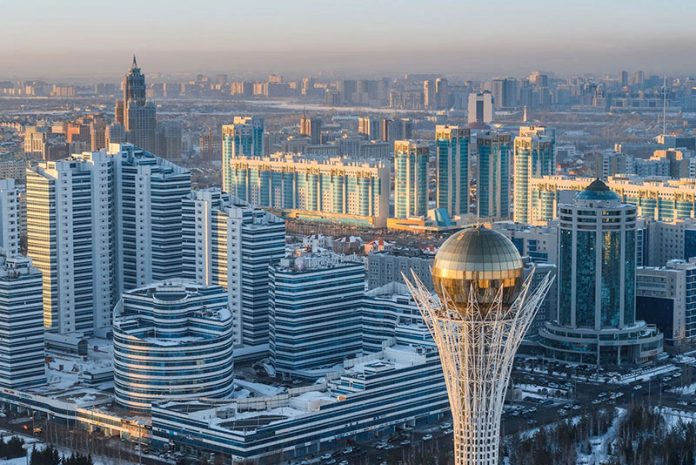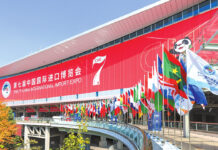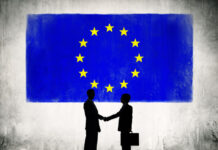By Kassym-Jomart Tokayev, President of the Republic of Kazakhstan
In an increasingly polarized world, Kazakhstan often plays the role of a bridge between East and West, North and South. This is a product of our unique history and geography. For centuries, Kazakhstan has been a meeting point between cultures, fostering not only diversity amongst our peoples, but a true spirit of mutual respect. That is why the value of global cooperation comes naturally to us. It is in this spirit that we have crafted our multi-vector foreign policy, which has served us well for many years.
In the face of global challenges, we remain committed to global cooperation by championing dialogue, trade, multilateralism, and the exchange of ideas. We will continue to defend international law and to pursue constructive engagement with nations across the world. In this context, we have launched the Astana International Forum, a new international conference which will be a tool for rebuilding a culture of multilateralism on a global level. Most importantly, the Forum will also provide new means to amplify voices which are often minimized.
The Astana International Forum is unique because it offers a platform for global middle powers to discuss their views and positions on the issues of today, and to put forward their own solutions to these issues.
The first challenge we are to address at the forum is around foreign policy, security and sustainability. We all know that global peace and stability are currently under threat by tensions between major world powers. Meanwhile, other international issues, such as nuclear disarmament and the refugee crisis, continue to put pressures on shaky international systems and alliances. Moreover, the rise of nationalism and populist movements in many countries continue to complicate international relations, making it more difficult to find common ground on issues that require a coordinated global response, and we are facing an increased risk of turning to short-term unsustainable solutions to long-term problems. That is why it matters that we come together at the Forum – to help set us on the right direction to protect our collective future.
The second challenge which requires global coordination is climate change. Its consequences have a devastating impact on the planet, with rising sea levels, extreme weather events, and loss of biodiversity all taking a toll. At the same time, the world’s dependence on fossil fuels is making it increasingly difficult to reduce greenhouse gas emissions and address climate change. On the other hand, we cannot overlook the critical role of the oil and gas industry in ensuring energy security and in the energy transition. The energy transition is a complex matter which must be approached with caution to ensure that the developing world is not left behind.
Finally, the COVID-19 pandemic has led to a sharp economic downturn globally, with many nations, businesses, and individuals struggling to stay afloat. In addition, rising income inequality and the ongoing trade tensions between major world powers are also causing instability in the global economy. The third challenge focuses on the economy and finance, highlighting the need for a coordinated global response to these economic, environmental, and security challenges.
While these challenges may seem daunting, they can also be seen as opportunities for global cooperation and progress. By working together, the international community can address these issues at the Astana International Forum and contribute to a more stable, equitable, and prosperous world for all.
I look forward to welcoming global leaders from both public and private sectors to the Astana International Forum this summer to identify actionable solutions to these challenges. Let us come together to find a new way forward through strong and inclusive global cooperation.



































